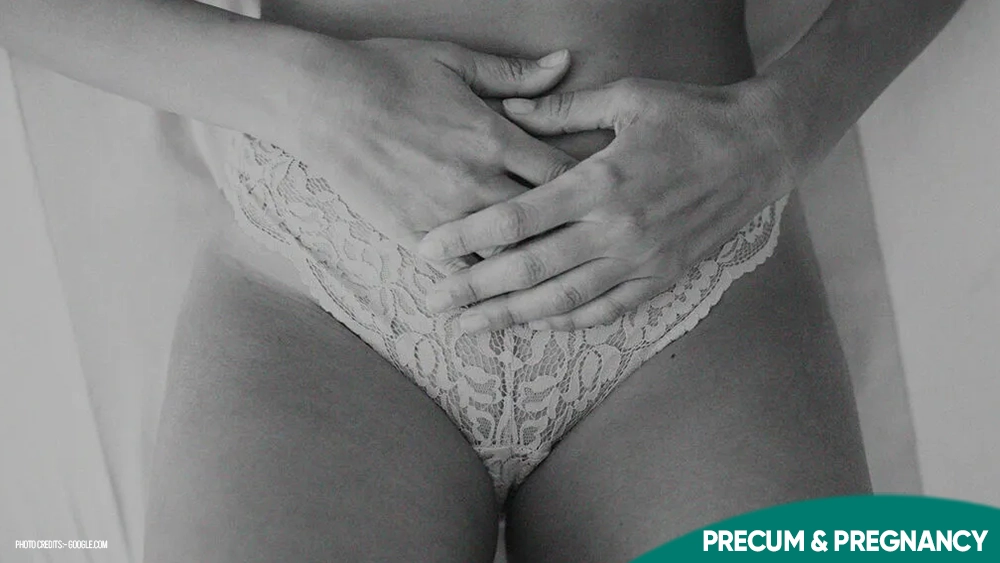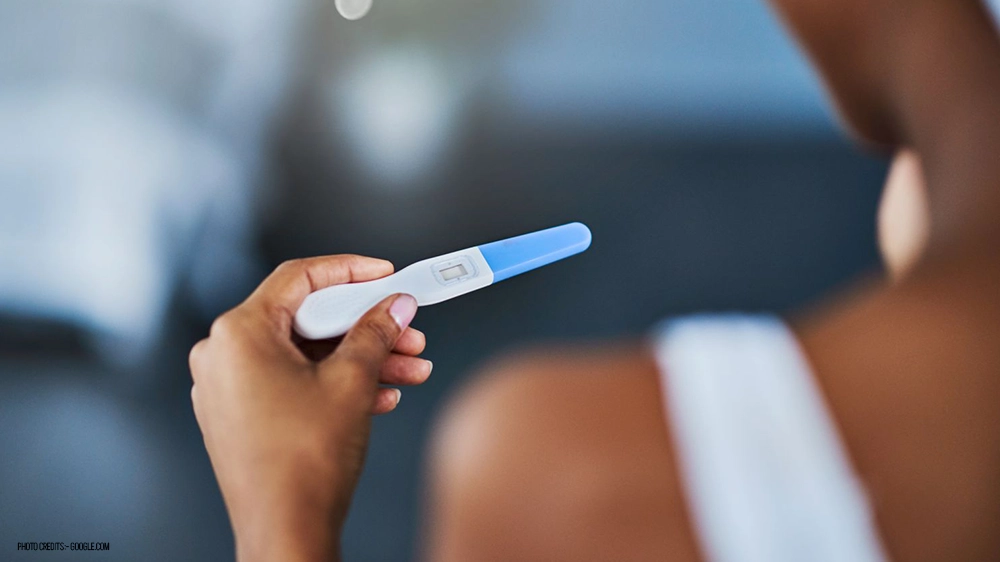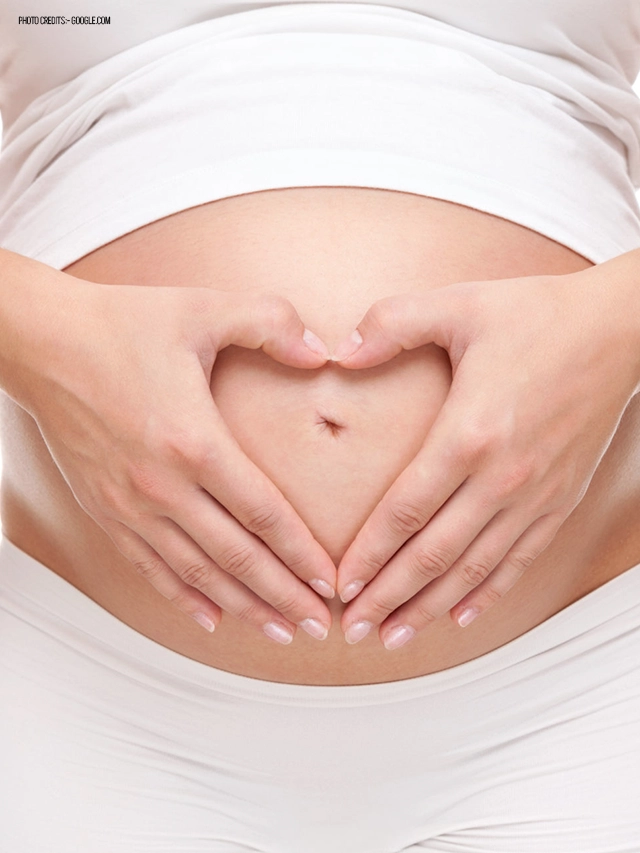
HEALTH BLOG
Can Precum Cause Pregnancy ?: Find Out How to Stay Protected
-
Rahul Priydarss
Can Precum Cause Pregnancy? Yes, pregnancy is possible if sperm from a previous ejaculation mixes with pre-ejaculate. This detailed guide explains how precum works, the risks during ovulation, and why the withdrawal method isn’t reliable. Learn the factors that increase pregnancy chances, the role of urination in reducing sperm, and the most effective contraceptive options. If you’re relying on withdrawal, understanding these risks is crucial to prevent unintended pregnancies. Explore FAQs and expert advice to make informed decisions about sexual health. Use reliable contraception methods to stay protected and avoid surprises from precum exposure.
Introduction to Can Precum Cause Pregnancy:
Yes, precum can cause pregnancy, though the chances are generally lower compared to ejaculation, especially if sperm from a recent ejaculation remains in the urethra. Even a small number of sperm present in pre-ejaculate can potentially fertilize an egg if intercourse occurs during a woman’s fertile period. For this reason, relying on the withdrawal method alone is not recommended as an effective form of birth control.
In this detailed guide, we’ll explore how precum works, whether it always contains sperm, and under which conditions pregnancy from precum is more likely. We’ll also discuss ways to prevent unintended pregnancies and the reliability of withdrawal as a contraceptive method. This article is written in an easy-to-understand tone, based on research and real-life scenarios, to provide clarity on a topic surrounded by confusion and myths.

Table of Contents
What is Precum, and Does It Always Contain Sperm:
Precum, or pre-ejaculate, is a clear fluid released from the penis before ejaculation. Its main purpose is to lubricate the urethra and neutralize any acidity, making it easier for sperm to travel during ejaculation. The Cowper’s glands, located at the base of the penis, produce this fluid, but these glands themselves do not generate sperm.
However, precum can contain sperm if residual sperm from a prior ejaculation remains in the urethra. If a man has not urinated after ejaculating, these sperm cells may mix with the pre-ejaculate. While the quantity of sperm in precum is typically low, it only takes one sperm cell to fertilize an egg, meaning that pregnancy from precum is still possible under the right conditions.
Whether sperm is present or not depends on the timing of prior ejaculation, urination habits, and individual variations in pre-ejaculate composition. This uncertainty is what makes the withdrawal method unreliable for preventing pregnancy.
How Can Pregnancy Occur from Precum:
Pregnancy happens when sperm fertilizes an egg during ovulation, a process that occurs once a month in most women. Sperm, even in small quantities, can travel through the female reproductive tract and reach the egg if intercourse takes place during the fertile window. This fertile period generally occurs around 12-14 days before the start of the next menstrual cycle.
If sperm from pre-ejaculate enters the vagina during this window, there is a possibility of conception. Even though pre-ejaculate contains less sperm than semen, the sperm that do enter can survive inside the female reproductive system for up to five days. This survival time increases the risk, especially if ovulation occurs shortly after intercourse.
Additionally, the withdrawal method requires perfect timing, which can be difficult to achieve consistently. If a male partner releases even a small amount of precum inside the vagina before withdrawing, pregnancy can occur.
Why Does the Withdrawal Method Fail:
The withdrawal method (also called “pulling out”) is a popular form of contraception, but it is not highly reliable. This method involves removing the penis from the vagina before ejaculation to prevent sperm from entering the reproductive tract. However, there are several reasons why it can fail.
On average, 1 in 5 couples using withdrawal exclusively will experience unintended pregnancy within a year. Even when performed correctly, the effectiveness of withdrawal is only about 78%, compared to 98-99% for other forms of contraception like condoms or birth control pills.
- Timing Issues: It can be challenging to pull out in time, especially during moments of intense arousal. Even a slight delay can result in semen entering the vagina.
- Precum Contains Sperm: If sperm is present in the pre-ejaculate, the withdrawal method becomes ineffective.
- Human Error: Many couples struggle to use this method perfectly every time, leading to unintended pregnancies.

How Likely is Pregnancy from Precum:
The chances of getting pregnant from precum are lower compared to ejaculation, but they still exist. The likelihood depends on several factors. While there is no exact percentage for pregnancy risk from precum, research suggests that around 4-20% of pregnancies occur due to pre-ejaculate or failed withdrawal attempts.
- Sperm presence in precum: If sperm from a prior ejaculation remains in the urethra, it can mix with pre-ejaculate.
- Timing during the fertile window: If intercourse occurs during ovulation, the chances of pregnancy increase.
- Contraceptive use: Using no contraception or relying only on withdrawal significantly raises the risk of pregnancy.
Does Urinating After Ejaculation Reduce the Risk of Sperm in Precum:
Yes, urinating between sexual activities can help flush out sperm that may remain in the urethra after ejaculation. Since urine travels through the same urethral pathway, it can wash away any lingering sperm cells. However, this method is not foolproof, and it’s possible for some sperm to remain despite urination.
For those trying to prevent pregnancy, relying on urination alone is not a reliable strategy. It’s still recommended to use barrier methods such as condoms or other reliable contraceptive options to reduce the risk further.
When is the Risk of Pregnancy Higher with Precum:
The risk of pregnancy from precum increases in the following scenarios. These factors show that even small mistakes with withdrawal can lead to unintended pregnancies, making it important to use more reliable contraceptive methods.
- Recent Ejaculation: If a male partner has ejaculated recently and has not urinated, sperm may still be present in the urethra.
- Intercourse During Ovulation: Having unprotected sex during the fertile window increases the chances of pregnancy.
- Inconsistent Withdrawal: If the timing of withdrawal is off or if precum enters the vagina before withdrawal, pregnancy can occur.
Reliable Ways to Prevent Pregnancy from Precum:
To avoid unintended pregnancy from precum, it’s essential to use effective contraception consistently. Some recommended options include. Using a combination of methods, such as condoms and spermicide, offers greater protection than relying solely on one method like withdrawal.
- Condoms: These provide a physical barrier that prevents sperm (including any in precum) from entering the vagina.
- Birth Control Pills: Pills regulate ovulation and significantly reduce the chances of pregnancy.
- IUDs: Intrauterine devices prevent sperm from reaching the egg and provide long-term protection.
- Emergency Contraception: Plan B and other morning-after pills can prevent pregnancy if taken within 72 hours of unprotected sex.
- Spermicide: This chemical method reduces the mobility of sperm, adding an extra layer of protection.
FAQs about Can Precum Cause Pregnancy:
A1: Yes, it is possible to get pregnant from precum if sperm from a previous ejaculation is present in the urethra and mixes with the pre-ejaculate.
A2: Urinating can reduce the presence of sperm in the urethra, but it is not a guaranteed method to prevent pregnancy from precum.
A3: The withdrawal method is only about 78% effective, meaning 1 in 5 couples relying on it will experience unintended pregnancy within a year.
A4: Yes, if intercourse with precum exposure occurs during a woman’s fertile window, the chances of pregnancy increase significantly.
A5: If you’re concerned about pregnancy, consider using emergency contraception (like Plan B) within 72 hours or consult with a healthcare provider.

-Please remember, to always consult with healthcare professionals or Doctors for personalised advice related to medical conditions.
Conclusion:
Yes, can precum cause pregnancy, especially if sperm from a previous ejaculation mixes with the pre-ejaculate. While the chances of pregnancy are lower than with full ejaculation, the risk still exists if no contraception is used. Couples who rely solely on withdrawal are at a higher risk of unintended pregnancy, as even small mistakes can lead to sperm exposure. To prevent unintended pregnancies, using reliable contraception consistently is highly recommended. Methods like condoms, birth control pills, and emergency contraceptives offer much more effective protection than withdrawal alone.




